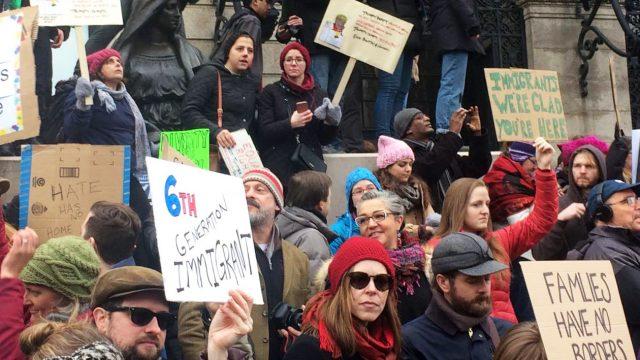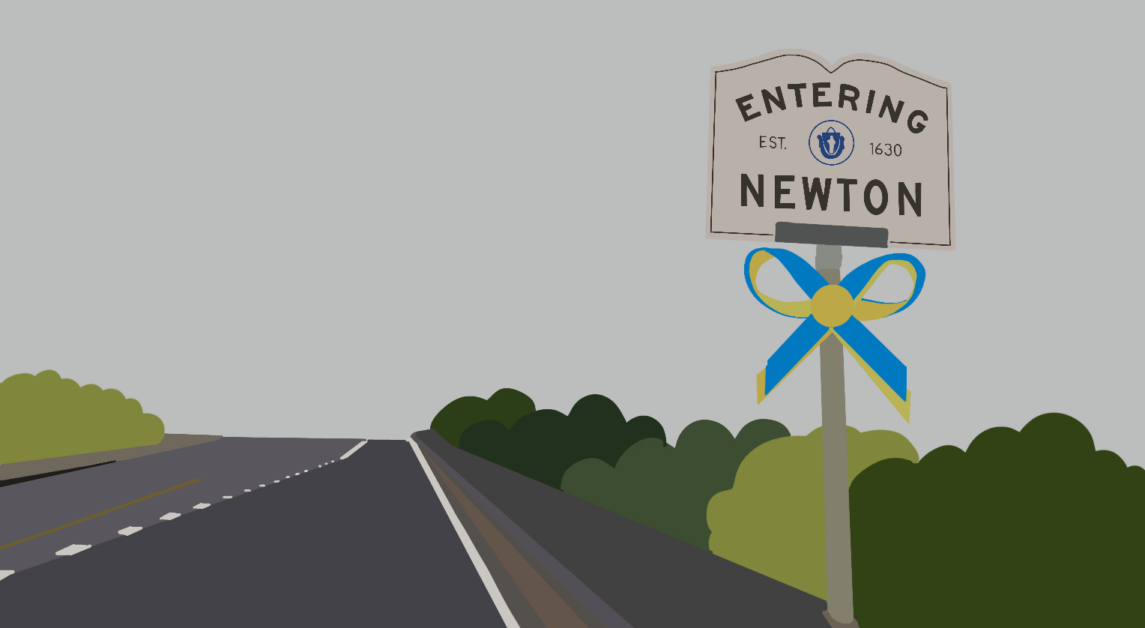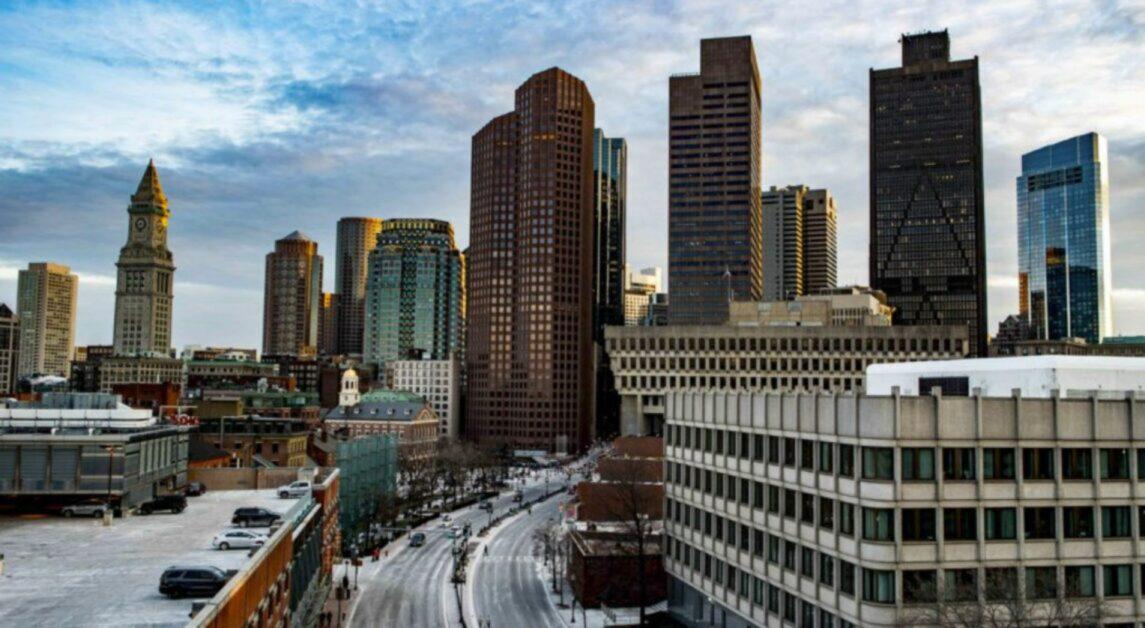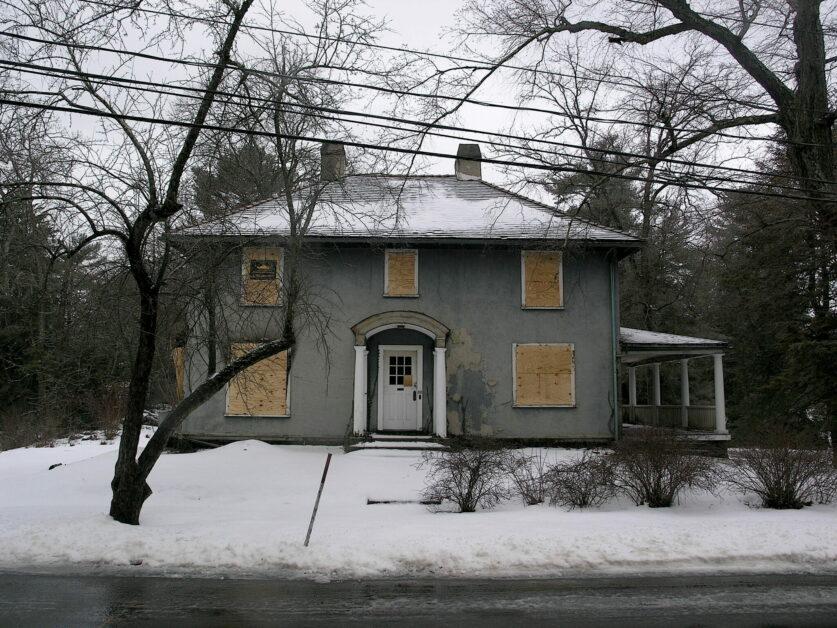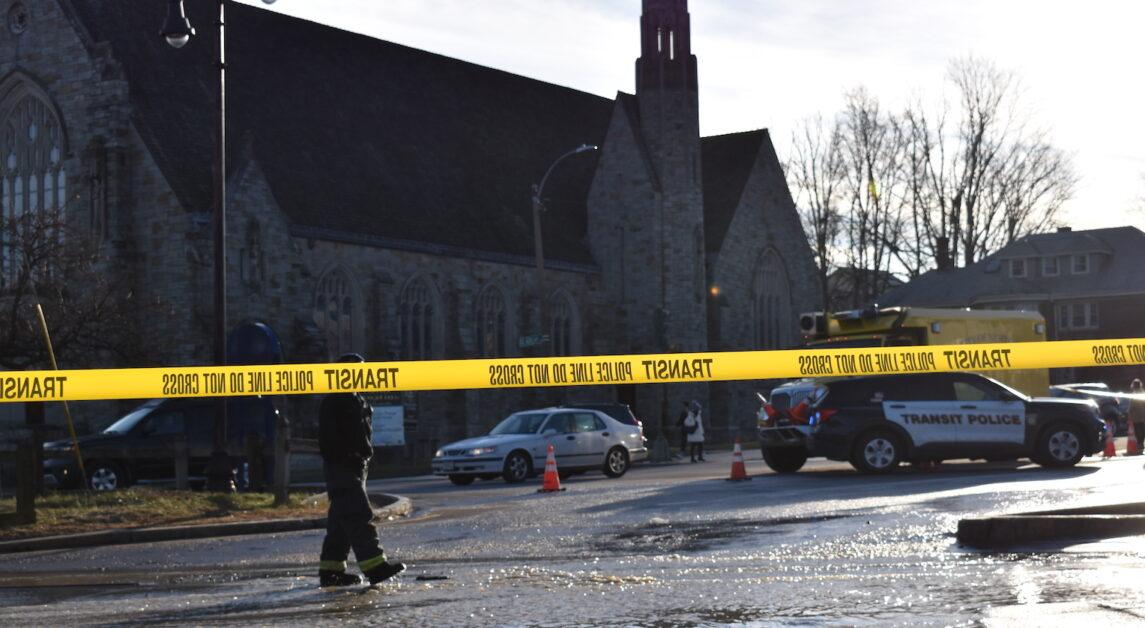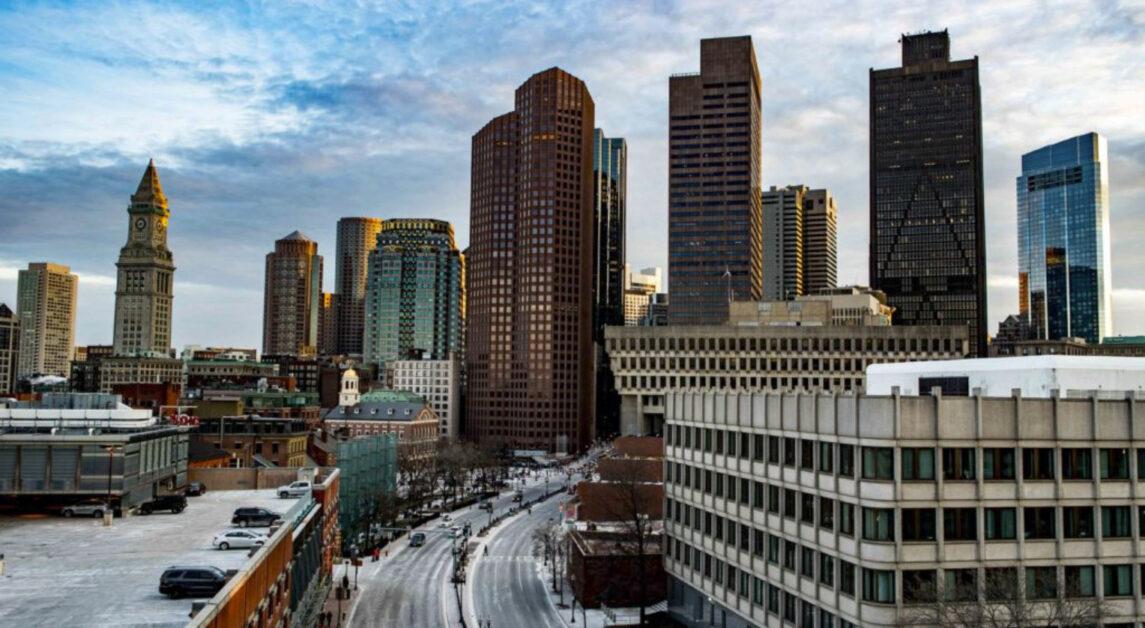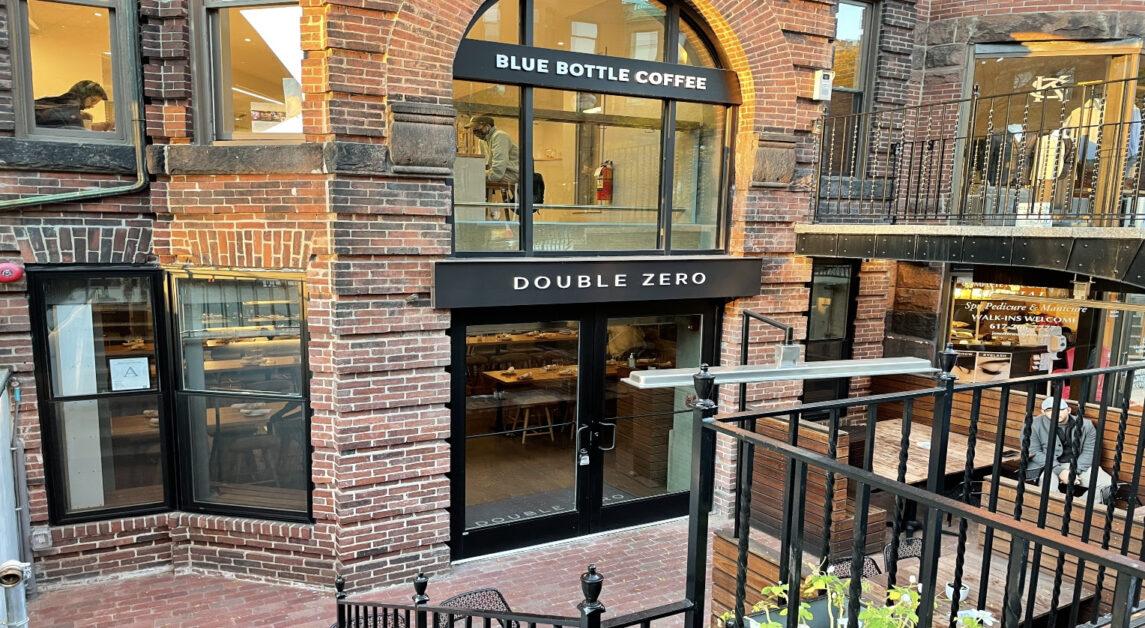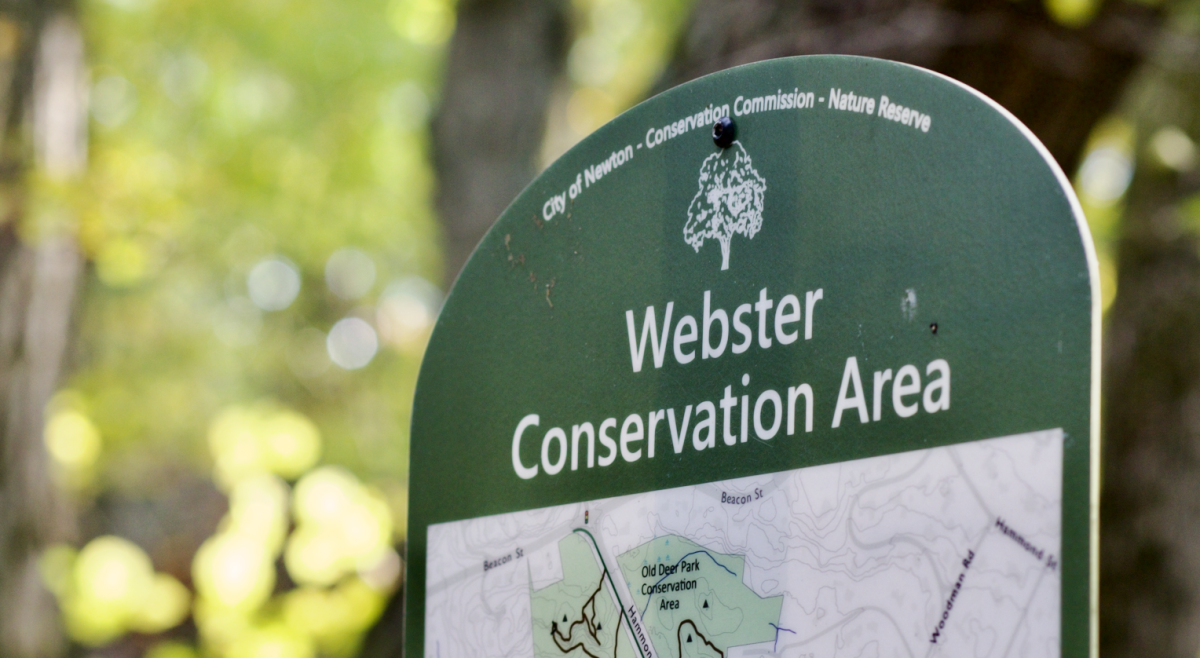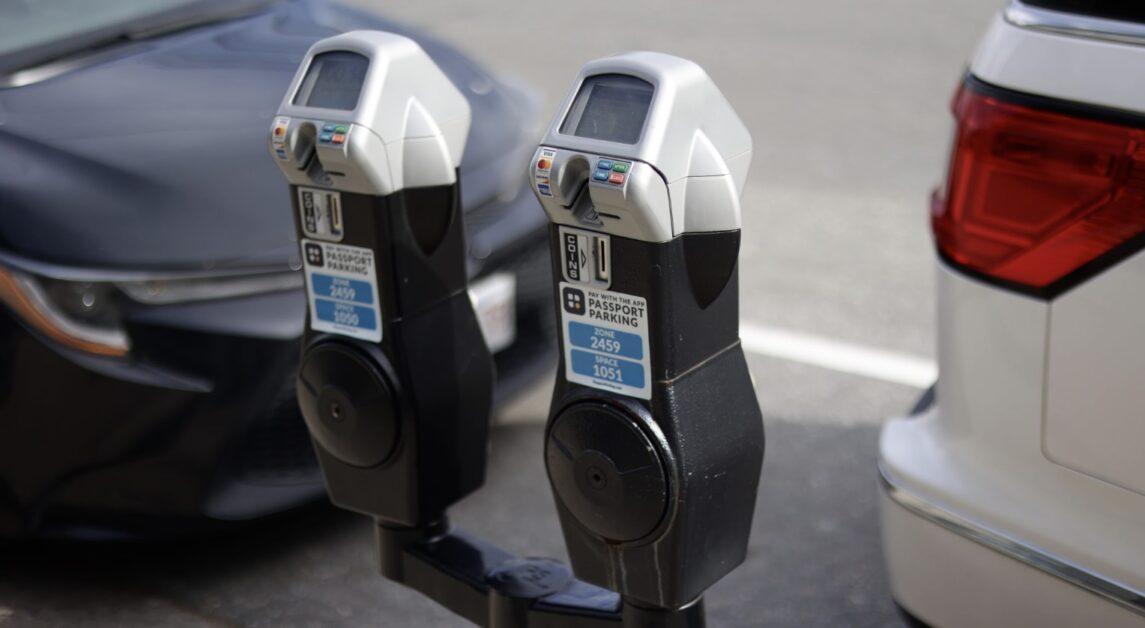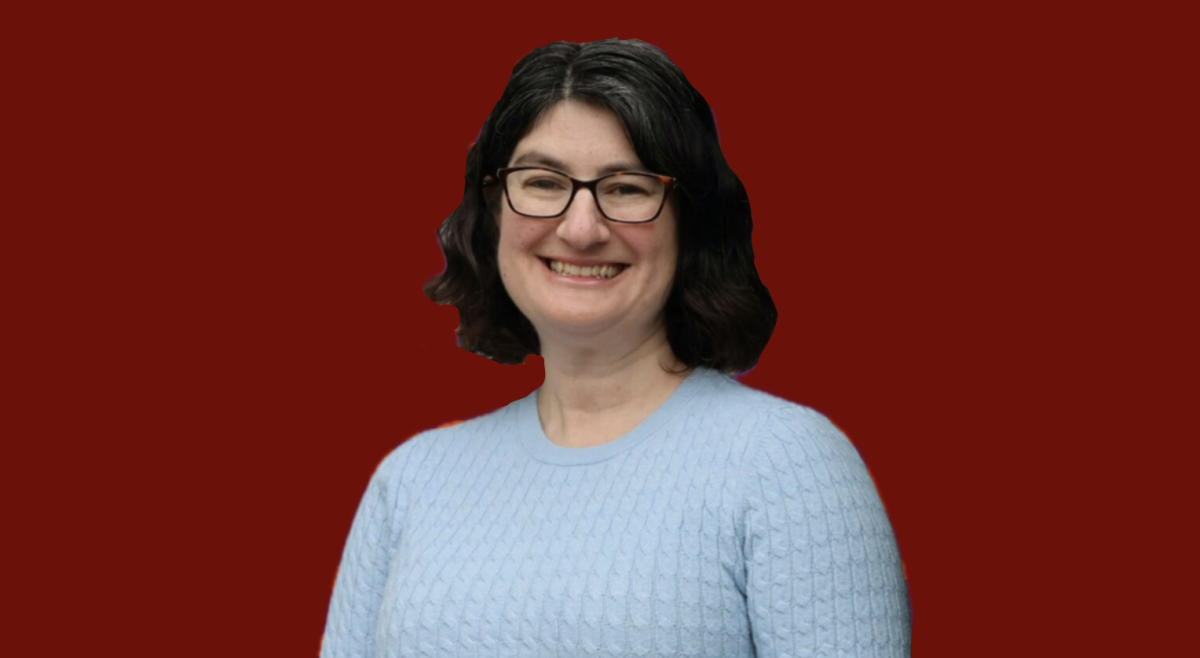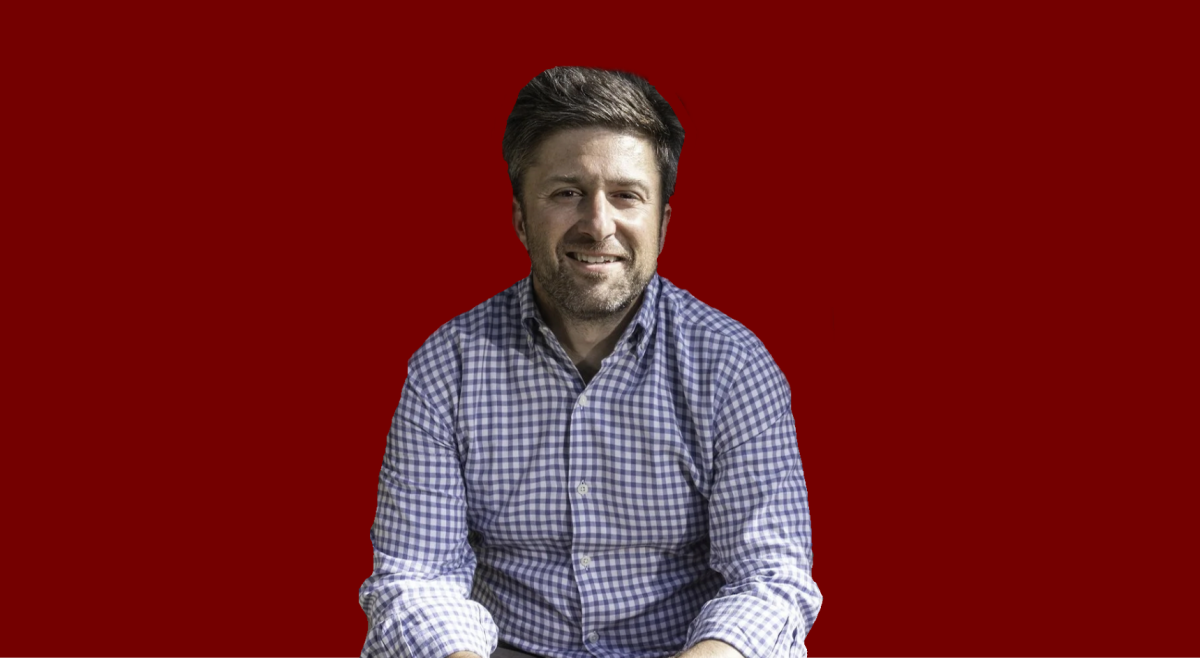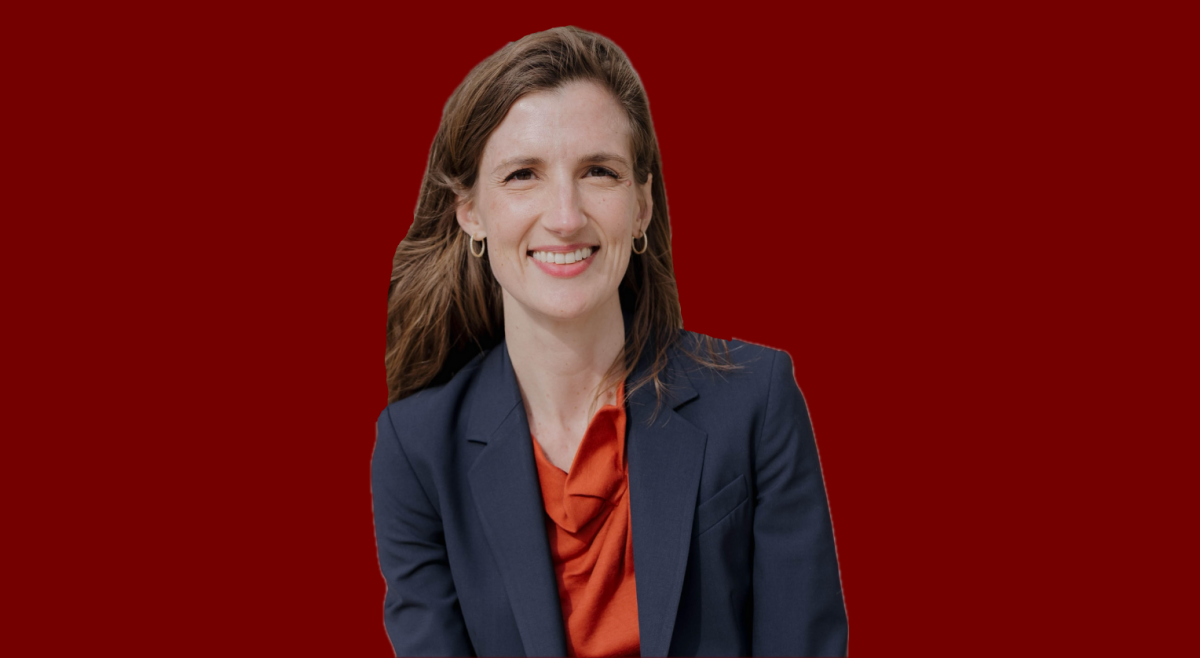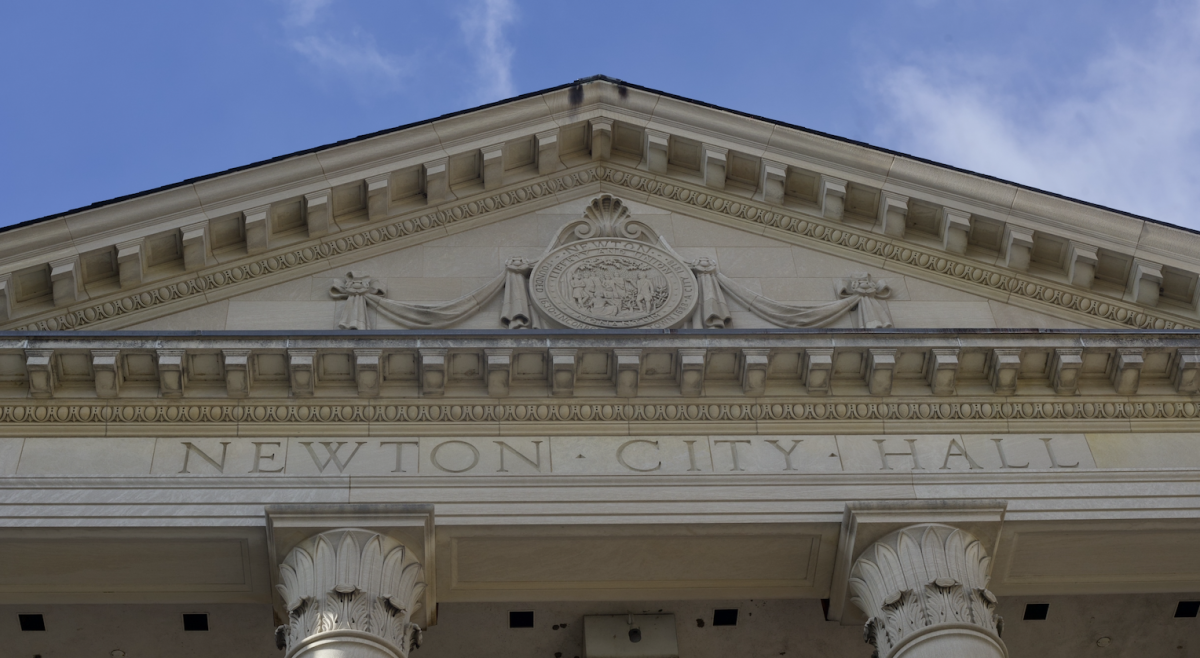Boston is not a city that backs down easily. And if anyone ever doubted that statement, the events that have taken place over the past months following the election and inauguration of President Donald Trump have proven them wrong. Immediately following the election, the downtown streets filled with Bostonians desperate to spread a different message than the one that Trump and his cabinet have begun expressing to the global community. And as the months have passed, the protests have not stopped.
Bostonians of all ages—including a student-led walkout—have rallied against Trump’s election while also rallying for love and acceptance. Following the inauguration, Bostonians resisted Trump in various protests. Over 275,000 people from across Massachusetts marched for women’s rights as one of hundreds of other women’s marches occurring across the globe.
And this week, in wake of Trump’s executive order released on Jan. 28—which bars Syrian refugees from entering the country and suspends the entrance of citizens from Iran, Iraq, Libya, Somalia, Syria, and Yemen from entering the country for 90 days—Bostonians have continued raising their voices.
Mayor Martin J. Walsh, WCAS ’09, immediately released a statement from the mayor’s office in response to Trump’s order, assuring Bostonians that Trump’s action is not only an inefficient method of combatting terrorism, but that it also opposes basic American values regarding freedom of religion.
“It is a reckless policy that is rooted in fear, not substance, and further divides us as a nation and a world,” Walsh said in the statement. “It is simply morally wrong.”
Bostonians also marched again, this time at the Chinatown Gate for the March and Speakout and Resist Deportations organized by the Boston May Day Committee.
Later that night, protesters filled the terminal of Logan International Airport where they chanted “No ban no wall, this is wrong,” and were joined by Walsh and Senator Elizabeth Warren.

Warren addressed the crowd through a red plastic megaphone, loudly shouting that Bostonians will make their voices heard across the globe. Warren decried the order, calling it “illegal” and “unconstitutional,” as well as “an attack on the very foundation of democracy.”
“We will not turn away children, we will not turn away families, we will not turn away people who try to help Americans, we will not run away anyone because of their religion,” Warren said. “We are a better people than that. It is an honor to be here with you, to stand with you, to speak with you, and most of all, to fight shoulder to shoulder with you.”
The next day, Copley Square filled with over 25,000 protesters attending the Boston Protest Against Muslim Ban and Anti-Immigration Orders organized by the Massachusetts Council of American Islamic Relations (CAIR).
Although she had not originally planned on attending, Fatmah Berikaa, LSOE ’19, participated in Sunday’s protest after seeing how quickly Trump’s bans were instituted, and how immediate the repercussions were. She explained that after visiting her home country, one of her friends attempted to return home over the weekend, only to be told to turn around as she was barred entry to the United States.
“Even though you personally might not fall into that demographic, I’m not personally from any of the countries specified in the ban, those are still my people,” Berikaa said. “It’s basically seeing people who are expansions of yourself and seeing them be targeted is difficult. It discounts your value in a society that you previously hadn’t anticipated.”
Berrika noted that many other Boston College students attended the protest both in groups and on their own, but also expressed her surprise regarding the demographic of people who ultimately attended. After seeing many Muslim-organized protests attract mainly Muslim participants, Berikaa said that much of those she saw attending Boston Protest Against Muslim Ban did not appear to be Muslim, and encompassed a wider range of ages than she had anticipated seeing.
The diversity of attendees and perspectives was also evident from the signs alone, which were written in countless languages, and approached a different aspect of the same issue.
“That type of representation just shows that people from all these cultural, political, socioeconomic, and professional backgrounds were really out there representing,” Berikaa said.
According to Berikaa, the protest itself, although not exactly celebratory, did not have a “dark feeling.” Fellow protesters were “welcoming” and “understanding,” and many stayed in Copley long after the CAIR organizers, who left following the group prayer at 2:30 p.m.
Attendees would make conversation with those around them, even though most were complete strangers, revealing a rare effort to make connections with those around them, and an important step toward unity.

“People would just stop me and talk to me,” Berikaa said. “I had one person stop me and say ‘Thank you for being visible today,’ and it had never occurred to me that I’m visible … but the more I thought about it, the more I appreciated that people were at least acknowledging that these things are an issue that affect our day to day lives.”
Although Berikaa valued her experience at the protest, saying that it was a “blessing” to see Bostonians unifying against oppression, the uplifting experience did not shake the horror that lead her to protest in the first place.
“On the way home it was really hard to [realize] that we had to do that, [attending the protest] wasn’t an option, we had to do it,” Berikaa said. “It was almost disappointing [] in the aftermath, but I appreciate the opportunity of having gotten to attend.”
Berikaa hopes that BC, as a university and as a community, will continue acknowledging the specific events taking place instead of skimming over the problem and allowing it to become a “vague animity.”
“Saying the name, and [naming] the issue is extremely important,” Berikaa said.
Bostonians continued naming the problem on Wednesday, during the Civil Rights Rally for Immigrants and Muslims which took place in the Boston Common.
And with several protests planned for the coming months—including the Tax Day March, the Stand With Planned Parenthood Rally, and the Boston March for Science—it doesn’t look like Boston will stop naming the problem anytime soon.
Featured Image by Fatmah Berikaa

